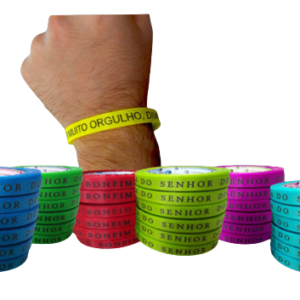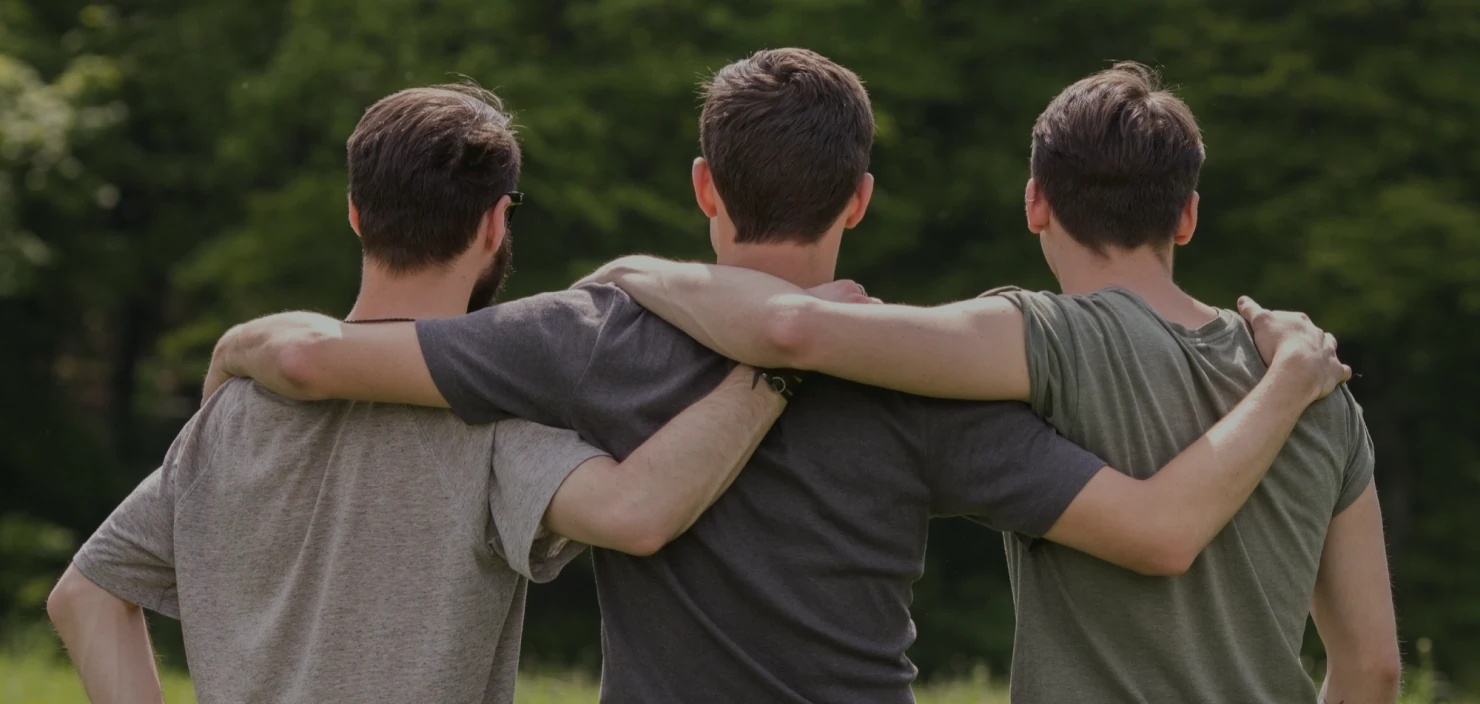
But people who drink frequently may develop a tolerance to alcohol, so that they need to drink more alcohol to experience anxiety attack while drunk the feelings that they desire. People who rely on alcohol to fight their anxiety problems may become more reliant on it. Continued use of alcohol to mask anxiety disorders can increase tolerance and potentially result in addiction. If you’re someone who is prone to panic attacks when there is no obvious external trigger, dealing with the stress of mistakes can make having one more likely.
- Add into this, says Laura Jarvis, a senior development manager at The Alcohol & Drug Service (ADS), dopamine (known as ‘the happy hormone’) is also at play when we drink and our mood dips the next day.
- The Well is Northwell Health’s commitment to the future of health care.
- In this time of information overabundance, much of which is inaccurate, unhelpful, or even difficult to understand, Northwell Health is on a mission to make a difference as an honest, trusted, and caring partner.
- Alcohol is a drug like any other, and anything that affects your body like alcohol does has the potential to contribute a great deal to your panic attacks and anxiety more generally.
Do you remember what you said last night?

At CalmClinic, we believe that information is only as helpful as its accuracy. That is why all of the content that we publish is always reviewed and analyzed by professionals in the psychology and healthcare fields. For some, a hangover is simply a matter of how much they drank or how hydrated they are. Research shows your genes can explain almost half the reason why you wake https://ecosoberhouse.com/ up feeling hungover, while your friend might not.
How alcohol can cause anxiety and why you shouldn’t treat anxiety with alcohol
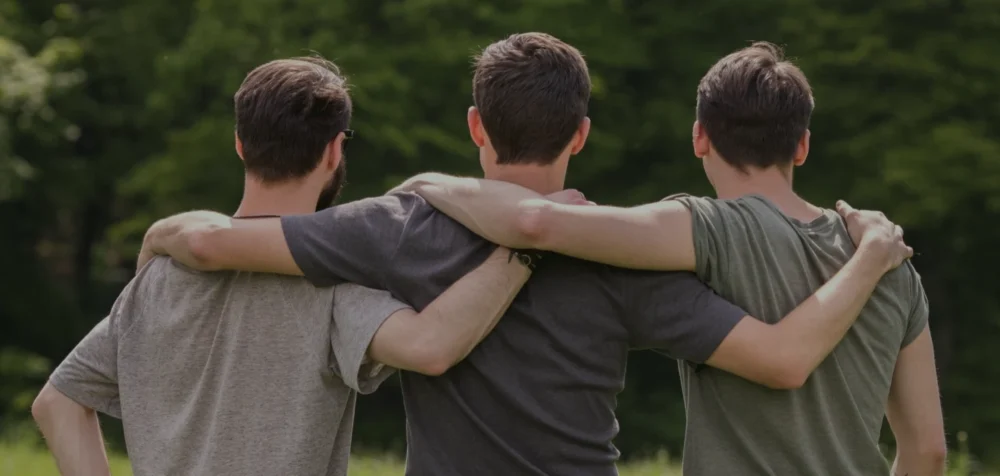
I’m so happy I’ve reached a place in my life where hangxiety feels like a distant memory, and I no longer drink enough to ever experience it. But despite feeling in control of how much I drink, I still often choose to forgo it (especially on days when I’m already not in a good head space). I’m very happy and comfortable with a non-alcoholic Prosecco in hand. A combination of therapy and medications such as sertraline (Zoloft) has proved beneficial for those dealing with social anxiety or social phobias. Agoraphobia is an intense fear of being in places or situations where you feel escape might be difficult or help might not be available. So you tend to avoid these situations and may not even venture out from home.
Professional articles
Speaking with friends and family can help them prepare to support you when a panic attack strikes. It is also important that your seek support from your GP, who will talk you through available treatment options. Excessive consumption of alcohol causes dehydration, which can make you feel dizzy and increase your heart rate. Alcohol is a diuretic, which means that it causes excessive expulsion of liquid from the body via urination. For every drink you have, you urinate as much as 50% to 100% more water, and this water is taken from other parts of the body.
Alcohol use can cause new onset anxiety and worsen pre-existing anxiety symptoms. Many individuals will use alcohol as an unhealthy coping tool to reduce symptoms of anxiety. Dehydration and disrupted sleep play a large part in the pounding headaches and nausea many of us know too well after a big night out. But hangovers aren’t just physical—there’s a strong mental side too. That’s not to say though, that whenever my boyfriend sat out on our balcony with a gin and tonic, a part of me didn’t want to snatch it out of his hand and down the entire thing. But then another voice chimed in saying “You know it’s not worth it!” – and it kept winning out.
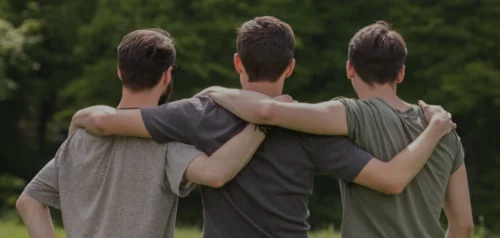
Feeling unwell?
There are obviously a multitude of reasons why people might choose to stop or scale back on drinking, from pregnancy to finances to wanting to lose weight, the list goes on and on. But for me, it was the soul-destroying anxiety that I would experience with every hangover that made drinking alcohol no longer seem worth it. Furthermore, people with anxiety who have other psychiatric disorders (such as depression) are more likely to reach for alcohol as a coping mechanism, which may also lead to an alcohol use disorder. If drinking gives you the sensation of temporary anxiety relief, you may be inclined to drink more often, to cope with uncomfortable circumstances.

Severe panic attack while under the effect of alcohol, what to do?
These stronger physical effects can, in turn, trigger anxiety during a hangover, making you more susceptible to “hangxiety.” Alcohol may be a temporary, unhealthy way to relieve anxiety and forget about your underlying stressors; however, using alcohol does not erase these underlying triggers. Additionally, symptoms of anxiety will still be lurking around the corner as the underlying triggers have not been properly addressed and treated. If, despite these efforts, you still periodically wake up after drinking with feelings of anxiety, practice mindfulness. And when anxious feelings surface, turn to healthy alternatives like meditation, deep breathing or exercise.
Understanding Alcohol Use and Misuse
Maybe you try to replay the evening’s conversations in your mind or scroll through text messages to make sure you didn’t send something you regret. Or maybe you immediately start issuing mass apologies to friends and family. Anxiety is a feeling of apprehension or fear in anticipation of a situation, such as the first day of school or a job interview. People struggling with anxiety often turn to alcohol to calm their nerves. If you are experiencing regular panic attacks, you need to ask for support.
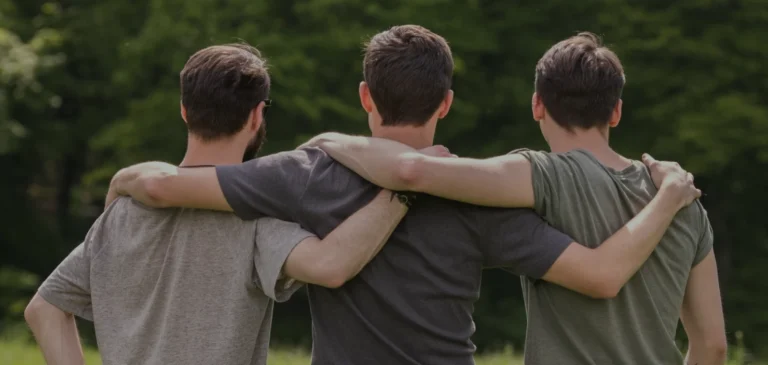
Alcohol is a drug like any other, and anything that affects your body like alcohol does has the potential to contribute a great deal to your panic attacks and anxiety more generally. For this reason, those that have panic attacks should strongly consider avoiding alcohol wherever possible. Dr. Lin received his medical degree from St. George’s University School of Medicine. He went on to complete his residency in psychiatry at Harvard South Shore, an affiliate of Harvard Medical School, where he served as Chief Resident and earned his 360° Professionalism award. He then had additional training in Addiction Psychiatry through his fellowship at the University of Texas Southwestern Medical Center. After completing training, Dr. Lin has worked as an Addiction Sober living house Psychiatrist and Director of Adult Services in the Trauma and Resilience Center (TRC) at the University of Texas Health Science Center at Houston (UTHealth).

